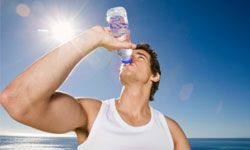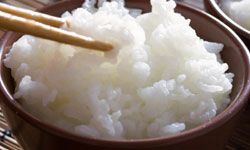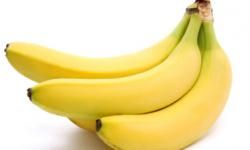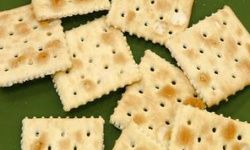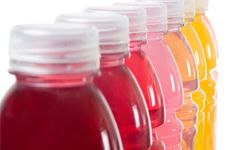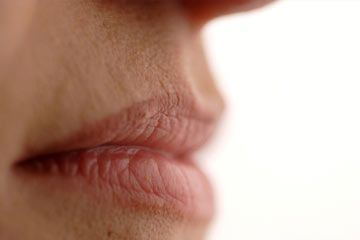Remaining hydrated is critical to your overall health. Every cell in your body needs water in order to function properly. In fact, an adult's body weight is 60 percent water, while an infant's is up to 80 percent water. Other than oxygen, there's nothing that your body needs more than water.
The simple cure for dehydration comes from the tap. Turn it on and drink. But there are other kitchen helpers that will keep you hydrated, too. Check out the next page for some helpful home remedies to treat dehydration.
Advertisement
This information is solely for informational purposes. IT IS NOT INTENDED TO PROVIDE MEDICAL ADVICE. Neither the Editors of Consumer Guide (R), Publications International, Ltd., the author nor publisher take responsibility for any possible consequences from any treatment, procedure, exercise, dietary modification, action or application of medication which results from reading or following the information contained in this information. The publication of this information does not constitute the practice of medicine, and this information does not replace the advice of your physician or other health care provider. Before undertaking any course of treatment, the reader must seek the advice of their physician or other health care provider.
